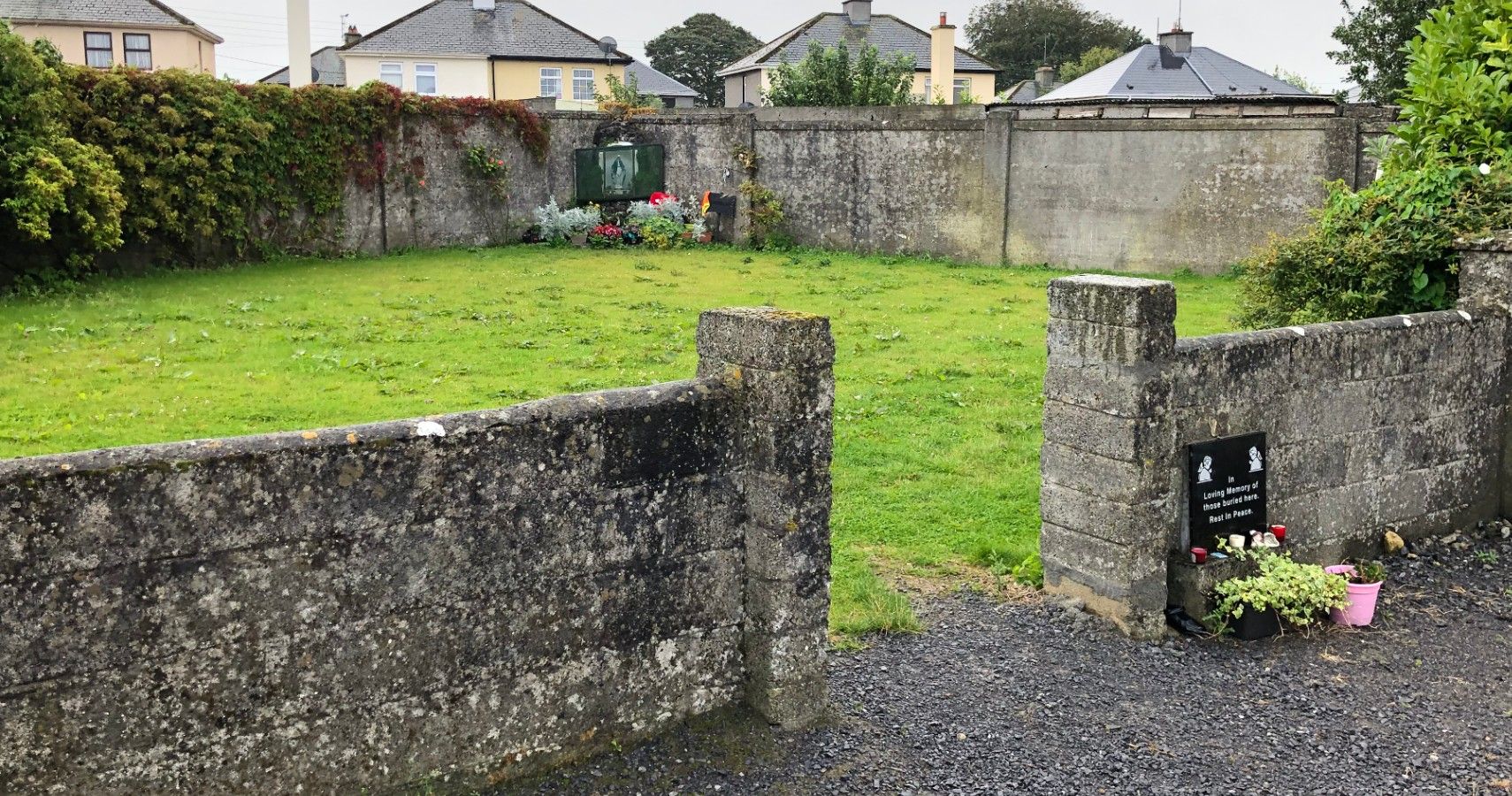Decades after the last mother and baby home closed, many questions still remain about these institutions that separated moms from their children. The kids who made it through that rough time are advocating for government action and a transparent investigation into what happened. There were so many deaths and traumatizing moments that have yet to be addressed.
Mother and baby homes were where women were sent if they got pregnant out of wedlock or if they’re too young. The moms would give birth in the home, and their baby would be taken away from them. Often, the nuns would not tell them which baby is theirs or they would fabricate stories about sending them abroad. Mothers would be forced to leave without their children, and they would spend the rest of their lives trying to find them again.
People may assume that the sisters would take care of the children well, but in reality, these homes had a high infant mortality rate. In just one home (the one run by the Sisters of Bon Secours), over 800 children died during the 36 years it was in operation. This was due to the nuns’ inability to care for the children: malnutrition, neglect, and trauma were widespread. Children were simply buried in the backyard or some random plot of land.
RELATED: First Spanish “Stolen Baby” Reunited With Family Through DNA Bank
Survivors of the homes were either sent to foster care, adopted straight out of the home, or were sent to industrial schools to work. Many who leave the home bring trauma and life-long physical injuries with them. Now, the survivors are afraid that their story will be swept under the rug. Many are fighting for the state to investigate into this dark time, but a bill in parliament might kill their hopes and dreams.
The Retention of Records Bill 2019 was proposed by Ireland’s education minister, and it aims to retain, withhold, and seal records from the public for 75 years, specifically, ones documenting investigations made into payments to survivors of industrial and reformatory schools. The bill doesn’t specifically cover the mother and baby homes, but it could set a precedent for their investigation. If this is the case, survivors would never get the chance to obtain a copy of their testimonies while they live. Without access to them, they will have great difficulty bringing a court case against the state.

